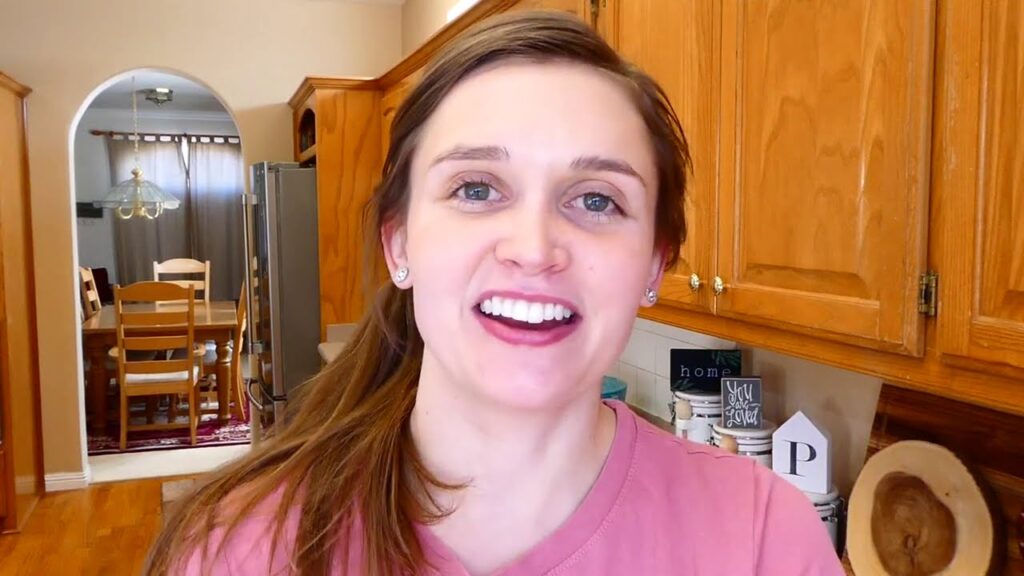Are you tired of the same old dinner routine? Do you want to lose weight but still enjoy delicious meals? Look no further, because we have the perfect solution for you – low-carb dinner ideas for weight loss. With these meal options, you can satisfy your cravings while also shedding those unwanted pounds. In this article, we will explore various low-carb dinner ideas that are not only healthy but also easy to prepare.
Benefits of a Low-Carb Diet
Before we dive into the low-carb dinner ideas, let’s first understand the benefits of a low-carb diet. Cutting down on carbs has been proven to be an effective way to lose weight and improve overall health. When we consume carbohydrates, our body breaks them down into glucose, which is then used as fuel for energy. However, if we consume more carbs than our body needs, the extra glucose gets stored as fat, leading to weight gain. By reducing our carb intake, our body switches to burning fat for energy, resulting in weight loss.
Furthermore, a low-carb diet has many other health benefits, such as improved blood sugar control, reduced risk of heart disease, and increased levels of good cholesterol. It also helps in controlling hunger and cravings, making it easier to maintain a healthy weight.
How to Use Low-Carb Dinner Ideas for Weight Loss

Incorporating low-carb dinner ideas into your daily routine is simple. The key is to replace high-carb ingredients with healthier alternatives. For example, instead of using pasta made from refined flour, you can use zucchini noodles or cauliflower rice as a base for your meal. You can also swap potatoes for sweet potatoes or cauliflower in recipes. Additionally, you can add protein sources such as lean meat, fish, tofu, or legumes to your meals to keep you feeling full and satisfied.
Examples of Low-Carb Dinner Ideas for Weight Loss

- Zucchini Lasagna
- Layer sliced zucchini, marinara sauce, and a mixture of ground turkey, spinach, and ricotta cheese in a baking dish.
- Sprinkle with shredded mozzarella cheese and bake in the oven for 30 minutes.
- Cauliflower Fried Rice
- Pulse cauliflower florets in a food processor until it resembles rice.
- Stir-fry with your choice of protein, vegetables, and seasonings.
- Baked Salmon with Roasted Vegetables
- Place salmon fillets on a baking sheet and top with lemon juice, olive oil, and herbs.
- Roast alongside your favorite vegetables, such as broccoli, bell peppers, and onions.
- Chicken Lettuce Wraps
- Cook chicken breast with diced vegetables and Asian-inspired seasonings.
- Serve on lettuce leaves and garnish with chopped peanuts and green onions.
- Turkey and Broccoli Alfredo
- Cook ground turkey with garlic, onion, and broccoli.
- Add alfredo sauce made from a low-carb milk alternative, such as almond milk, and serve over shirataki noodles.
- Eggplant Parmesan
- Slice eggplant into rounds and bake until tender.
- Top with marinara sauce and a mixture of mozzarella and parmesan cheese. Bake until cheese is melted and bubbly.
Comparisons: Low-Carb vs. High-Carb Dinners
When it comes to weight loss, the type of food we consume plays a crucial role. High-carb dinners may be convenient and tasty, but they can hinder our weight loss goals. Here are some comparisons between low-carb and high-carb dinners:
- Fillingness: Low-carb dinners tend to be more filling due to their higher protein and fiber content. High-carb dinners, on the other hand, may leave you feeling hungry shortly after eating.
- Blood Sugar Control: High-carb dinners can cause a spike in blood sugar levels, leading to energy crashes and cravings. Low-carb dinners, on the other hand, help stabilize blood sugar levels, reducing hunger and cravings.
- Nutritional Value: Low-carb dinners are often packed with essential nutrients from vegetables, lean protein, and healthy fats. High-carb dinners, such as fast food, are usually high in calories and low in nutrients.
- Weight Loss: By limiting carb intake, low-carb dinners can contribute to weight loss. High-carb dinners, especially those high in refined carbs, can lead to weight gain.
Tips for Incorporating Low-Carb Dinners into Your Diet
Here are some tips to help you incorporate low-carb dinners into your diet successfully:
- Plan Ahead: Take some time at the beginning of each week to plan your dinners for the upcoming days. This will help you stay on track and avoid making unhealthy last-minute choices.
- Experiment with Different Ingredients: Don’t be afraid to try new ingredients in your meals. There are many low-carb alternatives to traditional high-carb foods, such as zucchini noodles, cauliflower rice, and coconut flour.
- Use Herbs and Spices: Instead of relying on high-carb sauces and dressings, use herbs and spices to add flavor to your meals. This will not only reduce your carb intake but also add beneficial antioxidants and anti-inflammatory compounds to your diet.
- Choose Healthy Fats: While following a low-carb diet, it’s important to include healthy fats in your meals. Avocado, olive oil, and nuts are all great options.
- Keep Healthy Snacks on Hand: In case you feel hungry between meals, make sure to have healthy low-carb snacks on hand, such as celery sticks with almond butter or a handful of mixed nuts.
Frequently Asked Questions
Q: Can I still lose weight if I eat carbs at dinner?
A: While it’s possible to lose weight while eating carbs at dinner, it may be more challenging. Our metabolism tends to slow down in the evening, making it easier for our bodies to store excess carbs as fat. Therefore, choosing low-carb options for dinner can aid in weight loss.
Q: How many carbs should I aim for at dinner?
A: The number of carbs you should consume at dinner depends on your individual needs and goals. For weight loss, it’s recommended to keep your carb intake between 20-50 grams per day. This translates to roughly 5-10 grams of carbs per meal for most people.
Q: Can I have cheat meals while on a low-carb diet?
A: It’s okay to have occasional high-carb meals or treats while following a low-carb diet. However, it’s important to not make it a regular occurrence and to balance it out with healthier low-carb meals.
Q: Will I feel tired and weak on a low-carb diet?
A: In the beginning, it’s common to experience some fatigue and weakness as your body adjusts to using fat for energy instead of carbs. However, this usually passes within a week or two, and many people report feeling more energized and focused on a low-carb diet long-term.
Q: Is a low-carb diet safe for everyone?
A: While a low-carb diet has been found to be safe and effective for most people, it’s always best to consult with a healthcare professional before making any drastic changes to your diet, especially if you have any underlying health conditions.
Conclusion
Incorporating low-carb dinners into your diet can be a game-changer when it comes to weight loss. By reducing your carb intake and opting for healthier alternatives, you can still enjoy delicious meals while also achieving your weight loss goals. Remember to plan ahead, experiment with different ingredients, and make sure to choose nutrient-dense options for a well-rounded low-carb dinner. With these tips and ideas, you’ll be on your way to a healthier and happier you in no time.

